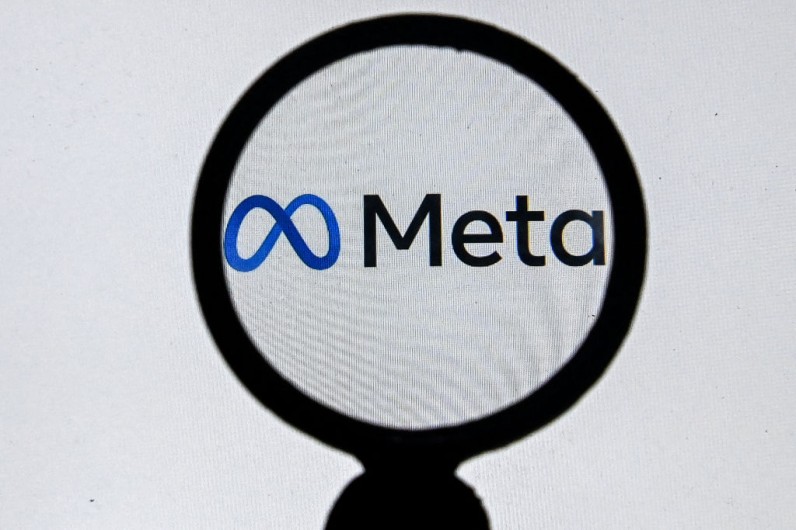
The European Union officials are poised to launch an investigation into Meta Platforms because to worries that the firm is not doing enough to combat disinformation from Russia and other countries.
According to Financial Times, regulators believe Meta's content moderation falls short of preventing the transmission of political advertising that threatens the election process.
Meta Faces EU Investigation
However, the European Commission is not likely to name out Russia in its statement, which is expected as soon as Monday, and will instead focus on foreign players' manipulation of information, according to the report.
In 2024, dozens of countries worldwide will elect new leaders, including Britain, Austria, and Georgia. The European Parliament elections are also scheduled for June.
According to an EU source, the probe has turned up potential infractions of Europe's signature statute controlling internet platforms, the Digital Services Act. If verified, the infractions may result in hefty fines of up to 6% of Meta's global revenue.
According to the EU source, they are also investigating if Meta's move to put political information lower in users' feeds violates the DSA's transparency requirements. They also noted that Meta's options for users to report illicit content do not appear to meet the DSA's requirements.
EU's Disinformation Investigation Against Meta
According to CNN, the probe comes after Meta filed needed paperwork to the European Commission last fall, describing how it handles potential risks associated with its products. This probe, however, underlines the EU's doubts that Meta has successfully controlled those risks.
A crucial component of the probe focuses on Meta's decision to discontinue CrowdTangle, a once-popular service used by civil society groups to monitor trending conversations on Facebook and Instagram.
Without it, according to the EU source, users and researchers will have less visibility into what is going on with Meta services and may have a more difficult time identifying foreign election influence.
Meta said earlier this year that CrowdTangle would no longer be available after August 14.
Ending funding for CrowdTangle without a suitable alternative, according to the EU source, may make it more difficult to track misinformation and voter suppression, harming elections overall.
According to a Meta spokesperson, the company will cooperate with the investigation.







Join the Conversation